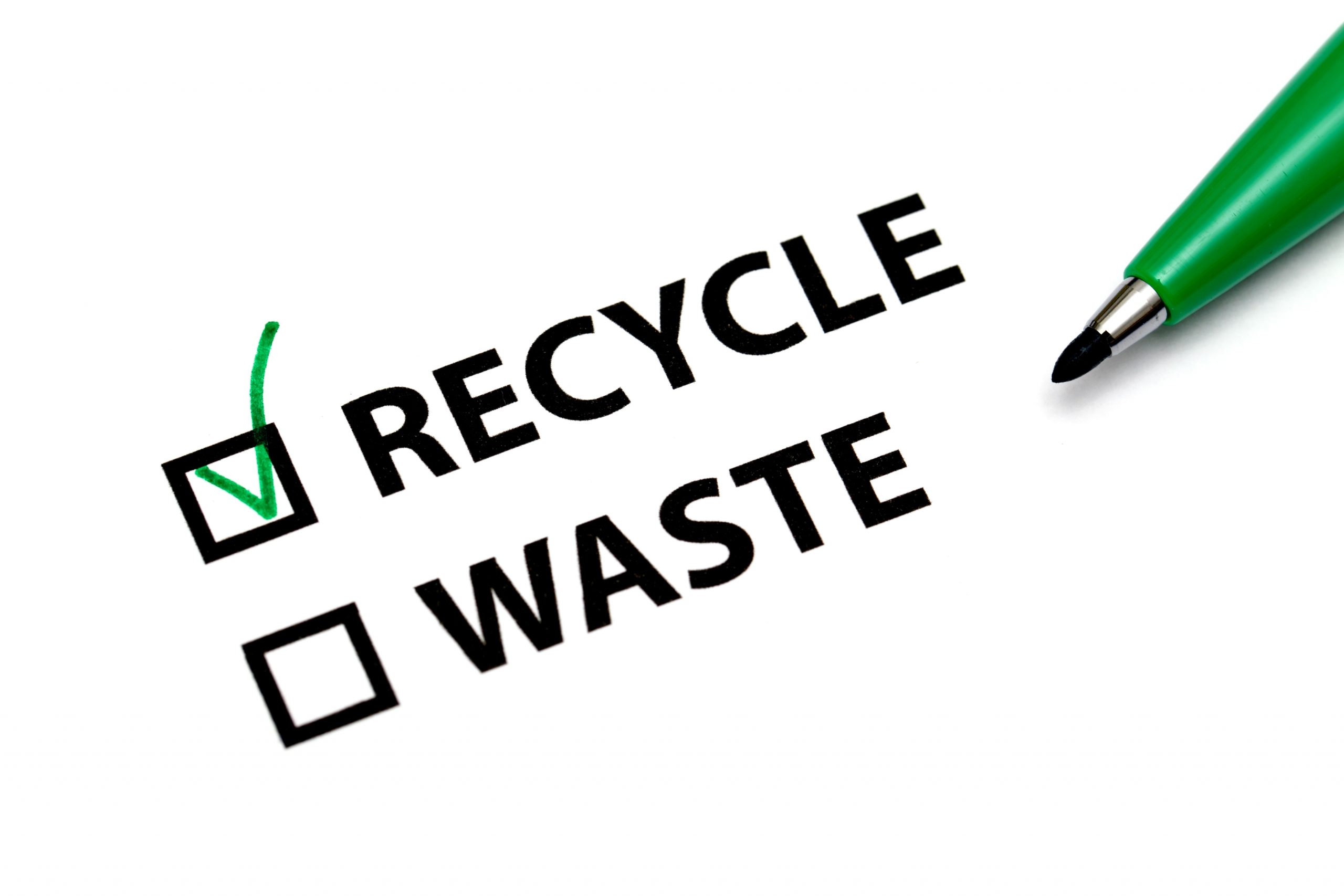Waste & material traceability solution for sustainable facilities

With the introduction of plastics & other unresolvable materials, we started piling up our waste on landfill sites. After World War II, around 1970 the concept of recycling process started to get popular simultaneously with the increasing disposal of waste. Recycling started to line up in the waste management industry to make use of the waste & slow down the environmental effects of waste management activities.
In today’s world, recycling can be seen as a savior when it comes to facing with the Climate Change. To get stronger in this struggle, optimization of the recycling processes has got a high importance and smart waste management solutions are the first thing to consider to achieve this goal. In order to achieve this goal we need to understand how a general recycling process works & what major types of waste there is to recycle.
Recycling is the process of making the used materials ready for consumer usage again. Recycling process is made of these three steps that are listed below;
Recycling materials gets collected from gathering spots, factories or recycling bins and get taken to recycling facilities. After the arrival of the materials, they get sorted according to their type & quality and the stuff that can’t be recycled gets disposed of in landfills. Then the rest of the materials which are available for the next steps continue the re-manufacturing process.
The sorted materials get manufactured to their new product form. This can either be in the same use or recycled materials may get a to a new type of use.
Lastly when they get to their form, they get solved to producers as a crafting resource or as a new product direct and reach out its last destination, the consumer.

Plastics are the highest contributor to world’s waste in landfills & oceans among all other types of waste materials. In the last 70 years, 8.3 Billion tons of plastic has been produced and only 9% of it has been recycled. This is up far the greatest damage to the environment. These plastics release poisonous ingredients to the environment which causes numerous side effects. When it comes to recycling of plastic, the recycling process consists of 6 different steps and 7 different types of plastic class that need to be taken care of. The steps can be listed as follows;
On the other hand, e-waste or electronics recycling is another emerging type of recycling that has been increasing rapidly in the last decades. Due to the fact that electronic materials have a shorter lifetime in use, the production of e-waste is remarkably high compared to other types. Also e-waste is a type that needs special care because of the ingredients of these materials. E-waste materials can be recycled into plastics, metals & glass and some parts can make use again in the same form.
When it comes to the e-waste recycling process’s steps, it can be listed in 6 steps as listed below.
From the start of the process, waste management softwares & hardwares can be used in each step with various combinations.
Algorithm generated route optimization can reduce the time and resource spent for first collection & final distribution by calculating the optimal route and ensuring asset safety. When it comes to employee performance tracking, live locations, working status & productivity can be monitored by using mobile apps from a single center. This solution can boost employee productivity rates up to higher percentages and also track employee safety as well.
On the other hand in process optimization, RFID systems and sensors can be used in categorization or in sales of the items to get a better database and more accurate live performance tracking. Also some solutions may be used in overall Facility Management to track current conditions, performance and efficiency from a single center.
As Evreka we provide smart hardware and software solutions to support & optimize Recycling Center Management in their recycling processes. Book a demo now to to leave better marks together for a greener future!